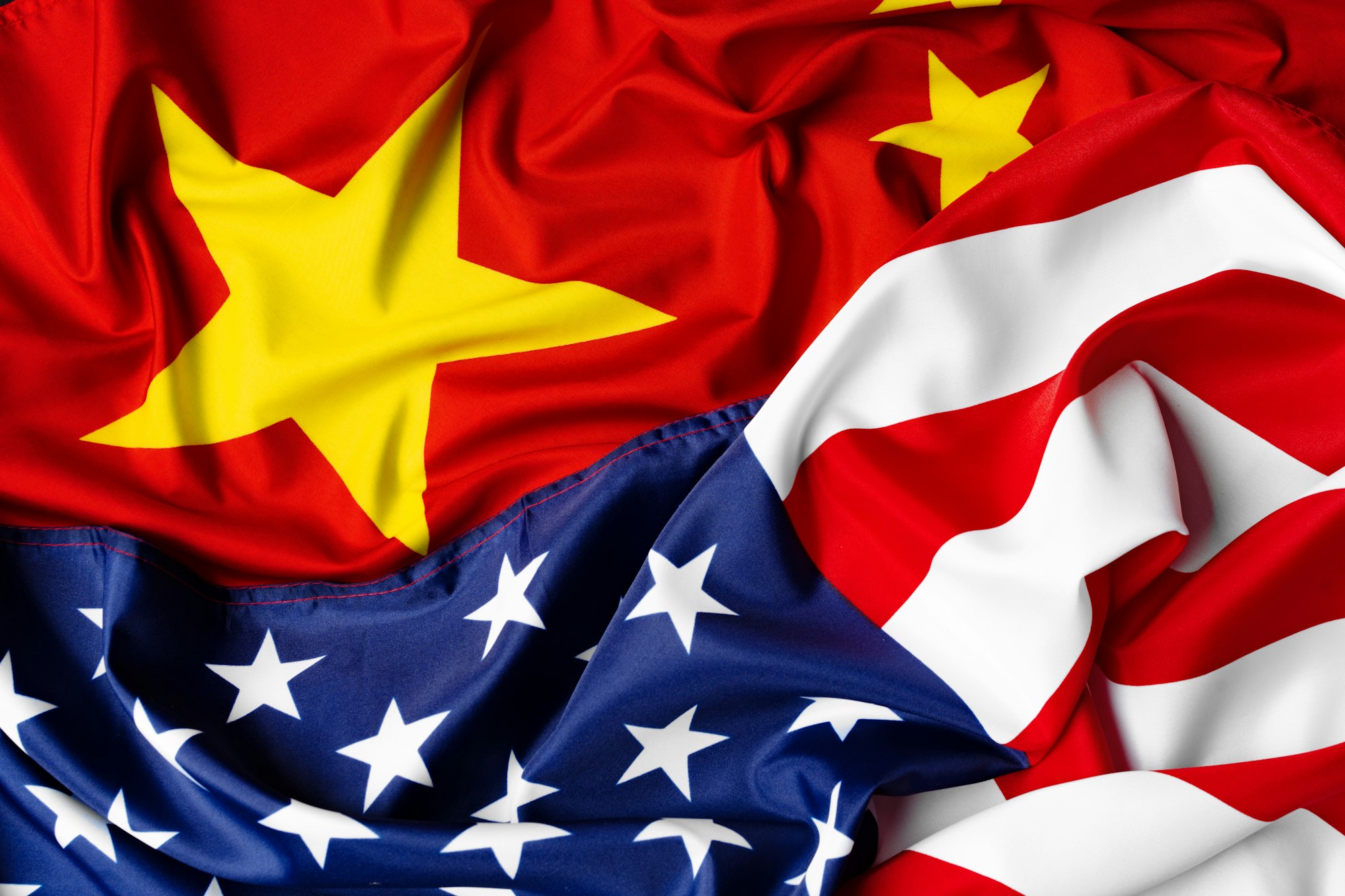Insider Brief
- The Washington Post is reporting that the U.S. Treasury Department is proposing a rule to restrict and monitor U.S. investments in China.
- The rule would restrict investments in artificial intelligence, computer chips and quantum computing.
- This follows a 2023 executive order aimed at limiting the access of “countries of concern” to American dollars that fund advanced technologies.
The Treasury Department has detailed a proposed rule to restrict and monitor U.S. investments in China, targeting artificial intelligence, computer chips, and quantum computing, according to the Washington Post. This action follows President Joe Biden’s August 2023 executive order aimed at limiting the access of “countries of concern” to American dollars that fund advanced technologies, potentially enhancing their military and intelligence capabilities.
The order specifically identifies China, Hong Kong, and Macau, the newspaper is reporting.
The Biden administration’s efforts seek to curb the technological advancements of China, the world’s second-largest economy, particularly in sectors like electric vehicles and military applications. In addition to the proposed investment restrictions, Biden has imposed a significant tariff on Chinese electric vehicles, reflecting the broader geopolitical competition and the political race between Biden and former President Donald Trump to assert their stance against China.

The proposed rule outlines the necessary information that U.S. citizens and permanent residents must provide for transactions in these areas and defines what would constitute a violation of the restrictions, according to the Post. It specifically prohibits American investors from funding AI systems in China intended for military applications such as weapons targeting and location tracking. A senior Treasury official, speaking anonymously, provided these details to reporters.
J. Philip Ludvigson, a partner at King & Spalding and former Treasury official, told the post that “companies and investors are now getting a much better look at what will be expected of them” under the new outbound investment program.
He added: “These added details are particularly important because the private sector will be shouldering the many due diligence and compliance burdens associated with making new investments.”
Craig Allen, president of the U.S.-China Business Council, expressed support in the article for the administration’s efforts to balance U.S. national security with maintaining robust commercial exchanges with China, which benefits American companies and the economy.
China has been rapidly advancing its quantum research, focusing on developing technologies such as quantum communication networks, quantum cryptography, and quantum computing. These innovations are part of China’s broader strategy to become a global leader in cutting-edge technologies, which has prompted the U.S. to scrutinize and regulate investments that could enhance China’s capabilities in these critical areas.
The Treasury Department is seeking public comments on the proposal until August 4, 2024, before issuing a final rule. Despite these measures, administration officials, including Treasury Secretary Janet Yellen, have reiterated their lack of interest in “decoupling” from China, though tensions between the two nations have escalated in recent years.
The Post refers to one incident that exacerbated these tensions: the U.S. military’s downing of a suspected Chinese spy balloon in February 2023. The balloon had traversed sensitive military sites across North America, leading to threats of repercussions from China. Following this, President Biden issued an order in May blocking a Chinese-backed cryptocurrency mining firm from owning land near a Wyoming nuclear missile base, citing national security risks.














